Professor
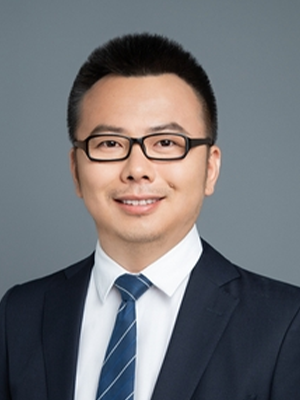
Xiaopeng Li: He has been a professor in the Department of Physics at Fudan University since 2019. He earned his Bachelor’s Degree from the University of Science and Technology of China in 2008 and obtained his Ph.D. from the Department of Physics at the University of Pittsburgh in 2013. His research interests are Theoretical Atomic, Molecular, and Optical physics. His work focuses on exploring the interface of quantum atomic, molecular and optical physics, condensed matter, and quantum information. The physical systems that he investigates include long-range interacting atomic systems such as dipolar gases and Rydberg atoms, atomic Bose-Fermi mixtures, laser-driven electrons and artificial neural networks. His research aims to uncover exotic quantum physics and ground-breaking quantum technologies. So far, he has published more than 70 journals articles in Physical.
Postdoctoral
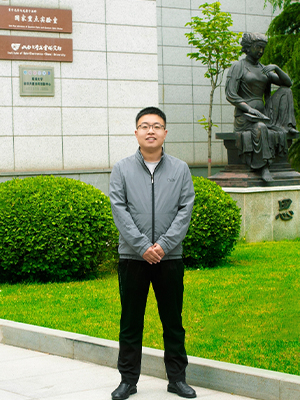
Ziliang Li : He earned his bachelor's degree in Physics in 2016, his master's degree in 2019 and his Ph.D. in Optics in 2023, all from Shanxi University. In 2023, he joined the department of physics at Fudan university as a postdoctoral researcher in Prof. Xiaopeng Li's group. His research focuses on Bose-Fermi mixtures, ultracold molecules, quantum optics, and neutral atom quantum computing.
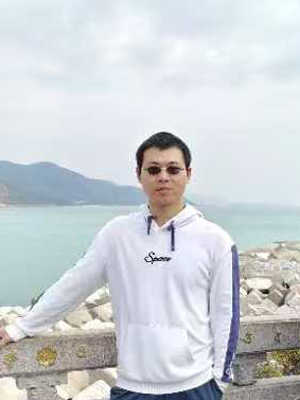
Naichen Zhang: He earned his Bachelor of Physics in 2019, and obtained his Ph.D. in Radio Physics in 2024, both from Zhejiang University. He then joined the department of physics at Fudan university as a postdoctoral researcher in Prof. Xiaopeng Li's group. His research interests include quantum simulation and measurement using cold atoms, structured light. Until now, he has published 7 journals articles in Optics Express, Optics & Laser Technology, etc.
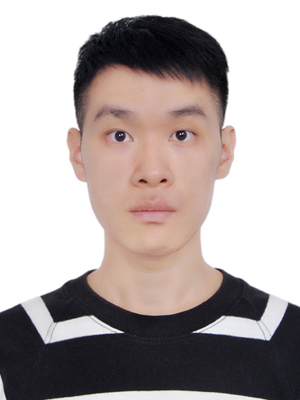
Zhi-Hao Huang: He received his PhD degree from Prof. Xiong-Jun Liu's research group at Peking University in 2024. Then, he joined the department of physics at Fudan university as a postdoctoral researcher in Prof. Xiaopeng Li's group. His research interests include topological phases of matter, high-orbital physics in optical lattices, synthetic spin-orbit coupling, and quantum simulations and computations with neutral atoms. Until now, he has published 4 journals articles.
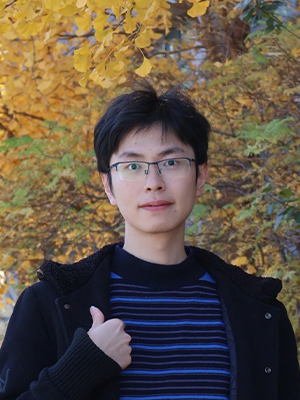
Xiangyu Tong: completed his Bachelor's degree in Physics at Zhejiang University in 2019 and his Ph.D. in Physics from the same university in 2024. Since 2024, he has been conducting postdoctoral research at Fudan University. His main research field is Atomic, Molecular, and Optical Physics. During his Ph.D., he constructed an ultracold 88Sr atoms platform for the quantum simulation of driven optical lattices.
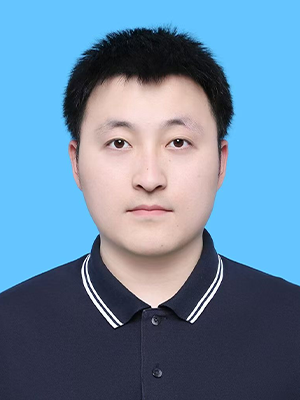
Zhongcheng Yu:He graduated from the School of Physics at Peking University in 2020 with a bachelor's degree. In 2025, he obtained his Ph.D. from the School of Electronics at the same university. He then joined the department of physics at Fudan university as a postdoctoral researcher in Prof. Xiaopeng Li's group. His research focuses on fundamental aspects of cold atom physics, with particular emphasis on: 1) Quantum state preparation and manipulation of ultracold atomic gases; 2) Dynamics and quantum phase transitions in optical lattices; 3) Novel quantum phenomena in excited states. I have published 8 research papers in international peer-reviewed journals including Physical Review A and Optics Express, among others.
Ph.D
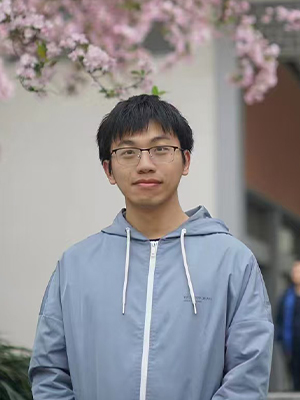
Jie Zou: He earned his bachelor's degree in Physics in 2019 from Fudan University, and then began his Ph.D. studies. His research primarily focuses on many-body physics of fermions, including free fermions, high-orbital fermions, and related topics in quantum simulation and quantum computation. Until now, he has published 4 journals article.
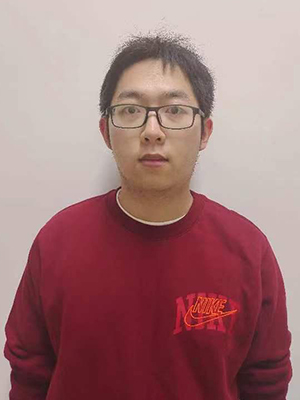
Yuan Chang: He is a Ph.D. candidate in Physics at Fudan University, where he obtained his Bachelor's degree in 2021. His research spans two distinct areas: investigating the spin-selective mechanisms in chiral molecular systems through theoretical modeling, and advancing quantum encoding efficiency via Monte Carlo simulation techniques. Proficient in Python-based numerical modeling, he applies Python to address complex challenges in his research.
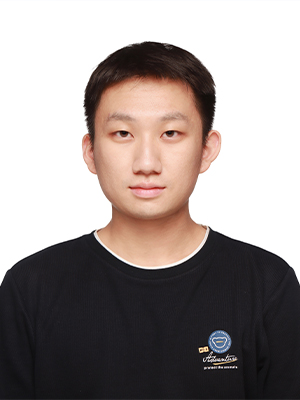
Dong Chen: He is currently a Ph. D. student in Professor Xiaopeng Li’s group. His recent research interests focus on developing high-efficient quantum algorithms for finite-temperature quantum simulation; quantum error mitigation and error correction methods tailored for real quantum devices; practical experiment protocols for quantum computation in Fermionic simulator.
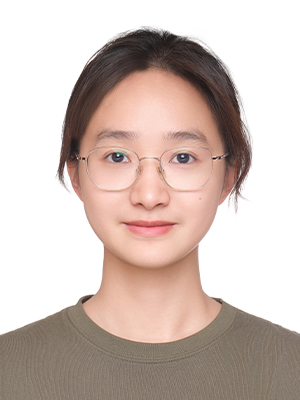
Meng Ye: She is currently a Ph.D student in Professor Xiaopeng Li’s group. Her research primarily focuses on quantum computation and cold atom systems. To date, she has published two papers on these topics in Physical Review Letters and Quantum Frontiers.
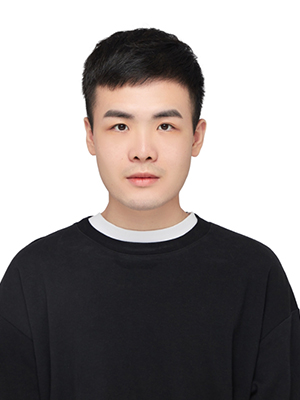
Xinyang Yu: He is currently a Ph. D. student in Professor Xiaopeng Li’s group. His research focuses on cold atom physics, quantum precision measurement, and quantum computation/error correction, with a particular emphasis on developing novel methodologies at the intersection of AMO physics and gravitational wave detection beyond standard quantum limit. To date, he has published one article (Phys. Rev. D 105, 065009) and have two preprints (arXiv:2311.06844, arXiv:2410.00803).
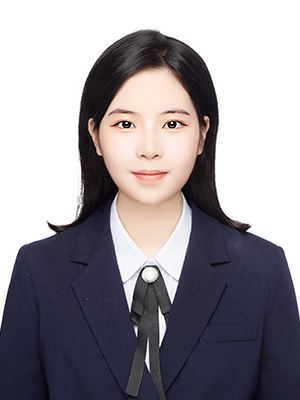
Yanyan Chen: She received her Bachelor’s degree from Fudan University in 2022 and continued her studies there as a direct Ph.D. candidate. Her early research in theoretical physics resulted in a publication on supersymmetric field theory (JHEP03(2023)120) and two preprints on topological order (arXiv:2306.13530, arXiv:2502.07664). Driven by her growing interest in the practical applications of quantum computing, she joined Prof. Xiaopeng Li’s research group in 2025. Currently, her work focuses on novel atomic quantum computing schemes and quantum error correction, with the goal of advancing scalable and robust quantum computing in cold atom platforms.

Kuangjie Chen: He is a Ph.D student at Fudan University specializing in Quantum Physics. His research primarily focuses on Quantum Many-Body Physics and numerical methods, currently interested in the entanglement and critical behaviors in quantum many-body systems.
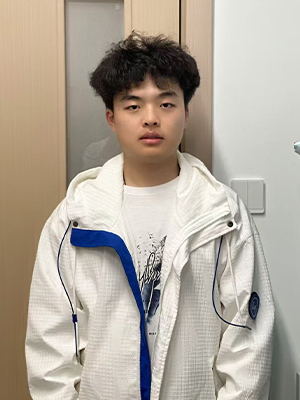
Shuaifan Cao: He graduated with a bachelor's degree from Fudan University in 2024 and is currently pursuing a Ph.D at Fudan University. The recent research mainly focuses on quantum information, quantum computing and their intersection with AI.
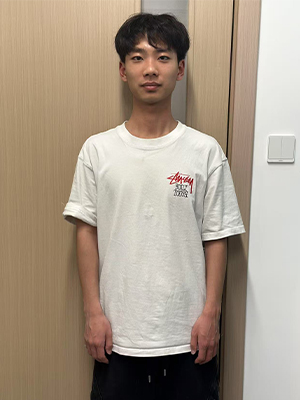
Jia-an Xuan: He obtained his Bachelor's degree from Jilin University in 2024. After that, he joined Professor Xiaopeng Li's research group as a Ph.D. candidate to explore the fascinating field of cold atom physics. His research primarily centers on experimental studies related to quantum simulation using ultracold atoms. By precisely manipulating atomic systems at ultralow temperature, he aims to model and understand complex quantum phenomena that are challenging to study in traditional condensed matter systems.
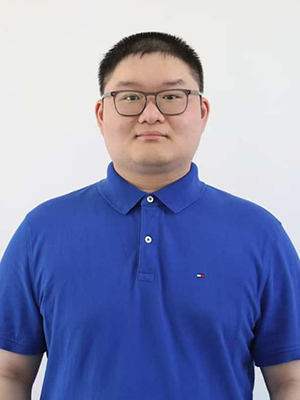
Gaoyuan Zhang: He is a master student who joined in Prof. Xiaopeng Li's research group in 2024, concentrating on experiments in cold atom physics. His primary responsibilities include cleaning and installing experimental vacuum components, as well as Laser locking. Vacuum systems play a vital role in cold atom experiments by creating a low-pressure environment that minimizes external interference. He meticulously cleans each component to eliminate contaminants that could potentially affect atomic behavior and then installs them with precision to maintain the necessary vacuum conditions. Lasers are also crucial in these experiments, as they are used to cool and trap atoms. He employs various techniques to lock the lasers, ensuring stable and accurate laser output. This stability is essential for better control and more accurate study of the quantum properties of cold atoms.
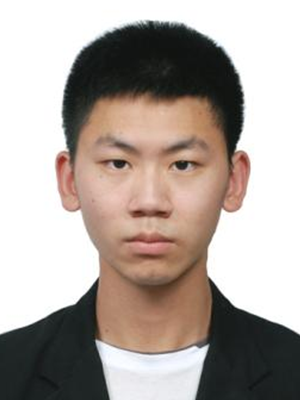
Zhihao Zhang: He obtained his Bachelor's degree from Tongji University in 2025. After that, he joined Professor Xiaopeng Li's research group as a Ph.D. candidate. His research focuses on quantum error correction codes.
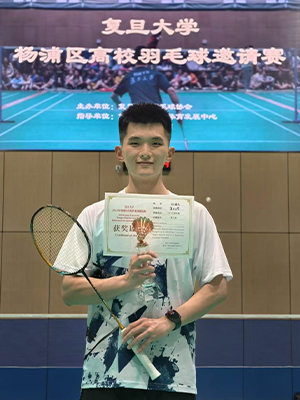
Liu Haotian: he graduated from Fudan University with a bachelor's degree in 2025 and is a recipient of Fudan University's 'Outstanding Talent Program' for the class of 2025(18/100). After that, he joined Professor Xiaopeng Li's research group as a Ph.D. candidate. At present, his research interest focuses on the optical pulse regulation of neutral atoms. The Raman optical system for 87Rb atoms has been completed so far.